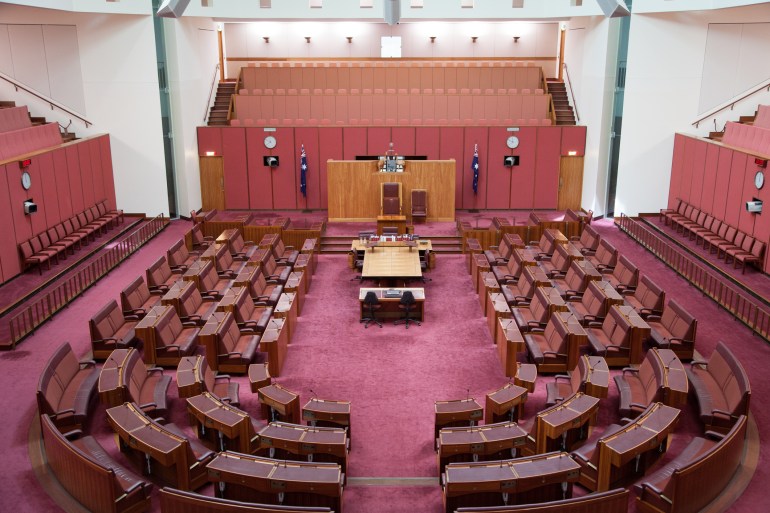A Senate committee has recommended the government temporarily raise the copyright cap on documentaries and work to strengthen Australia’s post, digital and visual effects sector as part of its offset reform.
In a report tabled earlier this week, the Environment and Communications Legislation Committee also called for Screen Australia to release further details of how it plans to spend the $33 million in additional funding it will receive across two years.
Otherwise, the legislation, which includes increasing the Producer Offset rate for non-feature films to 30 per cent, was given the all-clear to be passed by the committee.
It comes after representatives from industry associations, such Screen Producers Australia (SPA), Australian Directors’ Guild, Australian Writers’ Guild, Documentary Australia Foundation (DAF) and the Australian Post and VFX Alliance, attended a public hearing before the committee on August 20.
The chief areas of concern for the industry include raising the minimum QAPE for both the Producer Offset and the Post, Digital and Visual Effects (PDV) Offset from $500,000 to $1 million, as well as the removal of the Gallipoli Clause.
The report acknowledged most “significant area of concern” was its “potentially disproportionate impact” on feature documentaries.
It took into account evidence from DAF that the average budget for a documentary is $618,000, with only 9 per cent having a budget in excess of $1 million.
However, the cross-party committee also noted threshold remains unchanged at $500,000 for shorter form productions (up to 60 minutes for non-feature length content) and also highlighted the $33 million in funding for Screen Australia could be extended to documentary and low budget films that don’t qualify for other incentives.
Compromise has instead been made in the percentage of copyright expenditure that can be used as QAPE for obtaining the offset.
Whereas the bill caps the amount at 30 per cent, the report recommends an increase to 50 per cent for documentaries for two years from July 1, with a potential reduction to 30 per cent pending an 18-month review of the legislation.

The committee also detailed the need for greater consultation between the communications department and the industry on specific incentive measures to ensure the “maximum practicable value of work is actually awarded to competitive Australian PDV providers”.
Domestic and international stakeholders have spoken out against the threshold change to the PDV Offsest, which many believe could impact the opportunities created for Australian businesses as a result of the COVID-19 pandemic and the subsequent rise of remote working.
In making its recommendation, the report considered the view of US-based Blumhouse Productions, which said the change would have a “devastating effect” on its production plans in Australia, given its budgets were often between $500,000 and $1 million.
SPA CEO Matthew Deaner also believed the loss of work would outweigh the intended benefits that came from incentivising higher budget productions, relating the experience of a SPA member who said 15 projects would have been lost across the past three years if the threshold was at $1 million.
“That’s 150 jobs that would have been lost,” he said.
The committee said that while data provided by department indicated small to medium sized PDV businesses were not likely to be “adversely affected to the extent feared by stakeholders”, there was concern about the sector still being “potentially exposed to unintended consequences” as a result of being unable to benefit from the $33 million of funding provided to Screen Australia.
The report notes that “more can be done” to strengthen the requirements attached to location incentives in relation to the use of Australian companies for PDV work.
Find the full senate report here.



